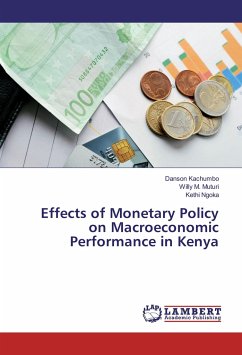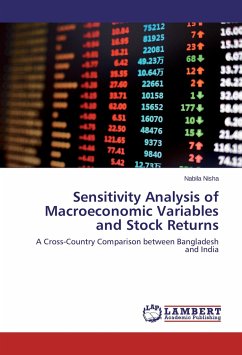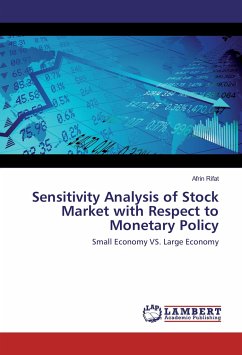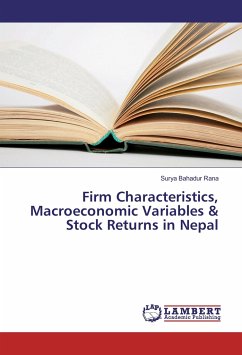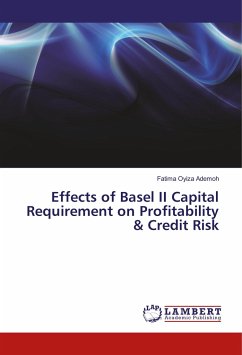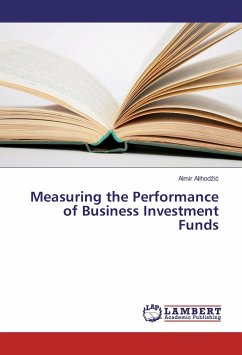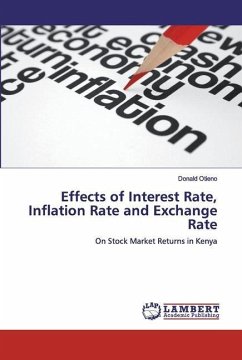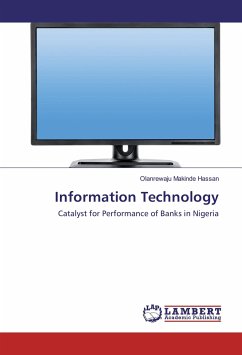The objective of the study was to evaluate the effects of monetary policy using monetary policy tools such as money supply, nominal exchange rate and credit to the private sector on employment, output and inflation. The findings indicated that an increase in money supply did not have a significant change in employment. Money supply however affected output and inflation positively in the short run. Moreover, the study found that an increase in the exchange rate in short run had an insignificant change in employment and output but had a significant change in inflation. Furthermore, the study found that an increase in credit to the private sector in the short run had an insignificant change in employment. It, however, had a positive impact on output and inflation. The weak effects of monetary policy on employment could have been attributed to structural rigidities in the financial sector.
Bitte wählen Sie Ihr Anliegen aus.
Rechnungen
Retourenschein anfordern
Bestellstatus
Storno

